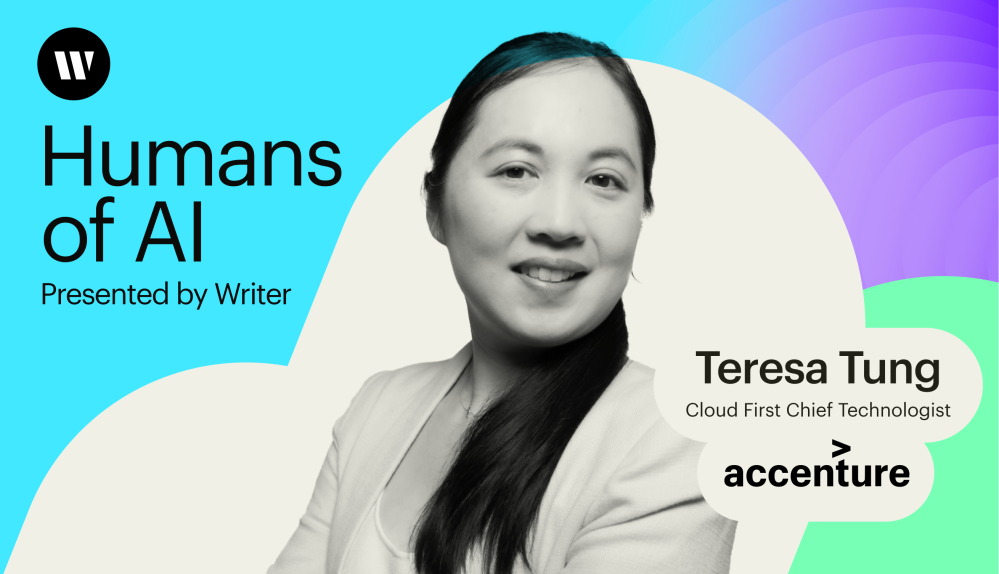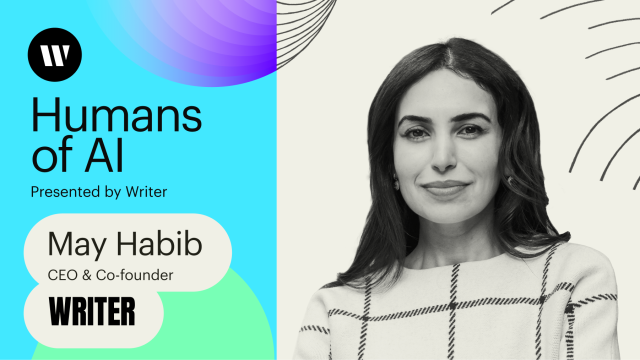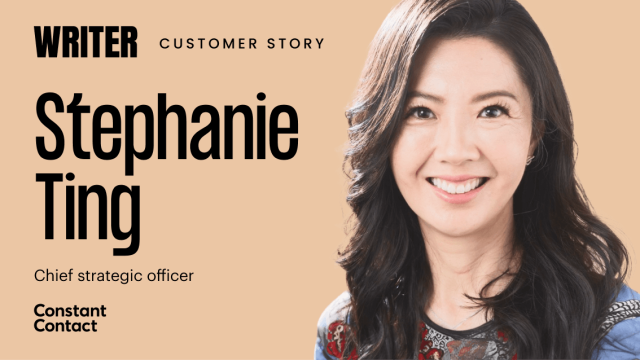Humans in the loop
– 6 min read
Building generative AI strategy with Accenture’s Teresa Tung

Teresa Tung is no stranger to innovation. As the Chief Technologist in Cloud First Data and AI at Accenture, she spends her days imagining cutting-edge digital solutions and their influence on their enterprise clients. In our latest episode of Humans of AI, Teresa’s insights shed light on the convergence of AI, data, and computing capacity, the importance of responsible AI practices, and the transformative changes that generative AI can bring to industries. Join us as we dive into this captivating conversation and uncover the possibilities of generative AI in shaping our future.
- Teresa Tung emphasizes the importance of combining AI, data, and computing power for business innovation.
- She believes that these elements should be thought of together and that generative AI can complement traditional AI.
- It’s crucial to map and quantify use cases and value cases for generative AI to measure its impact and savings.
- To get businesses started with generative AI, Tung suggests using a buy-boost-build framework and embedding responsible AI practices into business operations.
The convergence of AI, data, and computing capacity are key business innovation
Teresa emphasized the importance of combining AI, data, and computing power to drive the next generation of business capabilities. She believes that each of these elements is essential and that they need to be thought of together
“I get to do as a job thinking about the next generation of capabilities and how it impacts our clients. So that’s probably like the biggest playground if you think about it, to get paid to do that for a living,” said Tung. “Now with generative AI, we’re even using the university hand in hand with what our clients are doing, and I think generative AI as this very powerful tool that complements traditional AI.”
Without the adequate computing capabilities to power AI or the data to inform business decisions, businesses will not be able to benefit from the insights that AI can provide. Tung believes that these three elements should be thought of as working together, as they are all crucial for AI to be pivotal in businesses.
The future of generative AI goes beyond the bottom line and changes the way we work
Teresa voiced her vision for the future of generative AI as an enterprise technology. She emphasized not just its economic benefits but also its potential for productivity improvement and transformation at all levels of business.
“Really understanding the true opportunity, both external-facing — how is your business going to change and thrive with the onset of generative AI because every industry is gonna be disrupted — and then also internal-facing, really seeing not just the cost, but the productivity,” said Tung.
Teresa Tung emphasizes the importance of mapping and quantifying use cases and value cases for generative AI. She believes that while there are numerous use cases and potential benefits, it’s crucial to go beyond imagination and actually measure the impact and savings that generative AI can bring.
“While there’s no shortage of use cases, there are very few value cases that say, ‘This is what we did and this is what we saved, and this is where we can commit to saving year on year,’” Tung said. “And I think that is where the work isn’t just the tech, right? It is the change to the process. It’s the change to people and certainly also the tech as well.”
Use a buy, boost, build framework for getting businesses started with generative AI
To get businesses started with generative AI, Teresa Tung outlined a buy-boost-build framework. The “buy” stage involves purchasing out-of-the-box AI tools, while the “boost” stage moves beyond just generating code or content to retrieving organizational knowledge. The “build” stage involves creating unique data models for the organization.
“We think about the end-to-end software development lifecycle… a lot of our clients and a lot of the work we do, it does have that really important build part about software engineering,” Tung explained.
She also commented on the boost capability, saying, “Boost might be taking your entire corpus of enterprise data in that space. Like it’s certainly your code. It could be your system documentation, it could be some of the service tickets that you’re getting, and created this knowledge corpus that works alongside of a large language model.”
Embed responsible AI practices into business operations
In addition, Tung emphasized the significance of ethical AI practices. She and her colleagues at Accenture believe that responsibility must be integrated into a company’s code of conduct and should dictate the handling and distribution of data among associates, vendors, and customers.
“We’ve been working on responsible AI since 2016. It’s literally embedded in our code of business ethics. It works with how do we work and share data and reuse data across our partners. Across our suppliers, across our clients even,” said Tung.
She also highlighted the importance of training employees in responsible AI practices, stating that everyone should have a base level of understanding of the benefits and challenges of AI. This is to ensure that employees can act as a first line of defense in identifying where responsible AI practices should be considered.
Consider the impact of generative AI on environmental sustainability
Teresa emphasized the importance of considering the environmental impact of generative AI. Given the increasing demands on data and computing power, she urged that sustainability should be a part of the conversation when implementing AI technologies.
“We all as stewards need to be able to act. And technology is a big both enabler that helps everybody be efficient, but also could be something that drives that [energy] consumption. So already with data centers, they were already using quite a lot of the power that is available,” she commented.
Teresa concluded by highlighting the need for research into more sustainable practices, saying, “thinking about … costs: everyone who thinks about performance, [and] thinks about hallucinations and trust needs to think about also sustainability.”
As we have more conversations with enterprise innovation leaders like Teresa, a fascinating theme emerges: the balance between preventing harm from generative ai and using generative AI to find solutions to big problems that we’re facing in our businesses and on our planet. People like Theresa Tung — who are in charge of industry-shaking decisions with a lens of responsibility — are models for us all in the age of AI.
Want to hear more stories from the humans working at the crossroads of business and generative AI? Subscribe to Humans of AI wherever you listen to podcasts.



